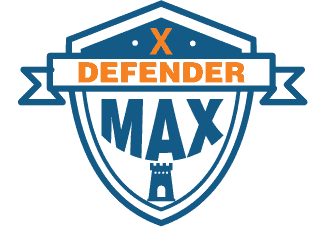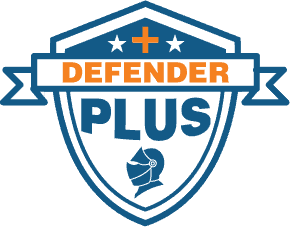Even the smallest business carries with it some risks. Whether you have a one-person small business or are well on the way to building a financial empire, you will need insurance. However, how can you be sure that you have covered all the insurance essentials? To help you check that your insurance cover is adequate, reach out to us after you’ve read through this list of ten of the most common types of insurance policies available for small businesses.
Property Insurance
Property insurance covers you for the loss of items like equipment, furniture, and inventory. It doesn’t matter if you own commercial premises or rent office space; property insurance is a must for most businesses. Property insurance will usually cover you for the loss of items due to theft, fire, or storm damage. However, if you work in an area prone to natural disasters, such as hurricanes, you may need additional insurance.
Vehicle Insurance
If you operate any company vehicles, you will need vehicle insurance. Third-party vehicle insurance will cover you against liability if a company vehicle is involved in an accident involving someone else. Comprehensive insurance will cover you for the loss of your vehicle and contents as well. Employees using personal cars for business will have their own private vehicle insurance. However, employees may require additional insurance to cover any company property that they carry in their vehicles.
Workers’ Compensation Insurance
The moment you hire your first employee, you should add workers’ compensation insurance to your cover. Workers’ compensation insurance covers you for death, disability, and medical costs, should an employee have an accident at work. Even if your employees’ work is non-hazardous, you will need workers’ compensation insurance. Even an accident in an office can still cause life-changing injuries for which your business could be liable.
Home-Based Business Insurance
If you run a business from home, your home insurance may not cover you for business use. Your equipment, inventory, and other business assets may be at risk. So, it would be advisable to ask your insurer if you need to extend your home insurance to cover your home-based business activities.
Product Liability Insurance
Product liability will cover you against third party loss or injury caused by your products. Even if you believe that your products are 100% safe, it is advisable to take out product liability insurance. You never can be sure how people will use, or misuse, your products, and you cannot cover every eventuality in product disclaimers.
Professional Liability Insurance
Professional liability insurance is also sometimes called errors and omissions (E&O) insurance. Professional liability insurance covers you against claims for negligence or mistakes. Professional liability insurance is a must for professionals who provide advice, such as lawyers and accountants. However, the type and level of insurance that will be needed varies for different professions.
Cyber Insurance
Cybercrime is a growing problem for businesses. Cybercrime insurance will protect you against losses incurred due to cyber-attacks, malware, ransomware, and data theft. Even if you only have one computer and hold limited data, you could still be a target for cybercriminals. Therefore, cyber insurance is a crucial cover that most businesses need in the digital age.
Key-Person Insurance
If you have crucial personnel in your organization, the absence of whom would cause significant business disruption, it would be advisable to consider key-person insurance. The roles that you might need cover for would include critical management and revenue earning personnel. Key-person insurance covers you in the event of the death or incapacitation of crucial employees.
Business Interruption Insurance
Business interruption insurance covers you for loss of business due to a catastrophic event. This type of insurance is suitable for companies that operate out of premises. Business interruption insurance will provide you with compensation for loss of business due to events like fire. However, most business interruption insurance does not cover events like a global pandemic.
Umbrella Insurance
Umbrella insurance provides an extra layer of insurance over your other policies. Umbrella insurance will cover you for costs that may not be covered by your standard insurance policies, such as medical fees and legal expenses.
In conclusion, the above list of business insurance types Is not exhaustive, and the types of insurance that you will need will vary depending on the type and size of the company. At InterWeb we strive to give you the best advice and to encourage you to not take these opportunities for protection for granted. Help you to understand what insurance your small business needs and what is available is our goal. Talk to one of our helpful agents today to be guided by what is best for you.





